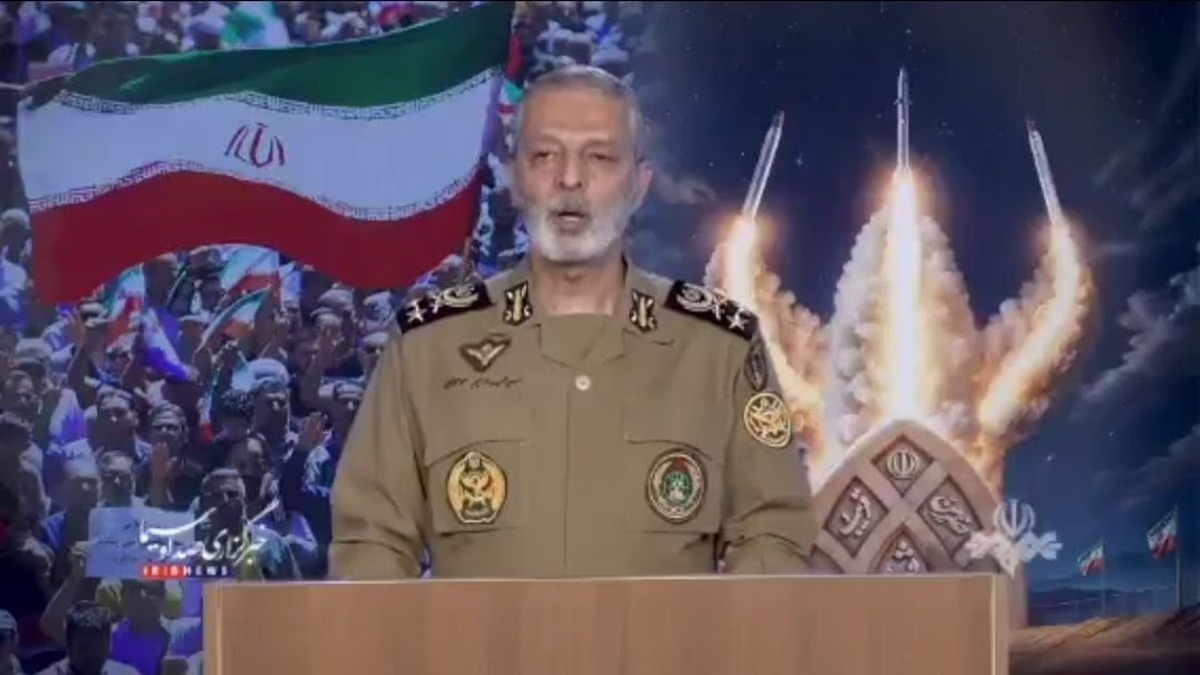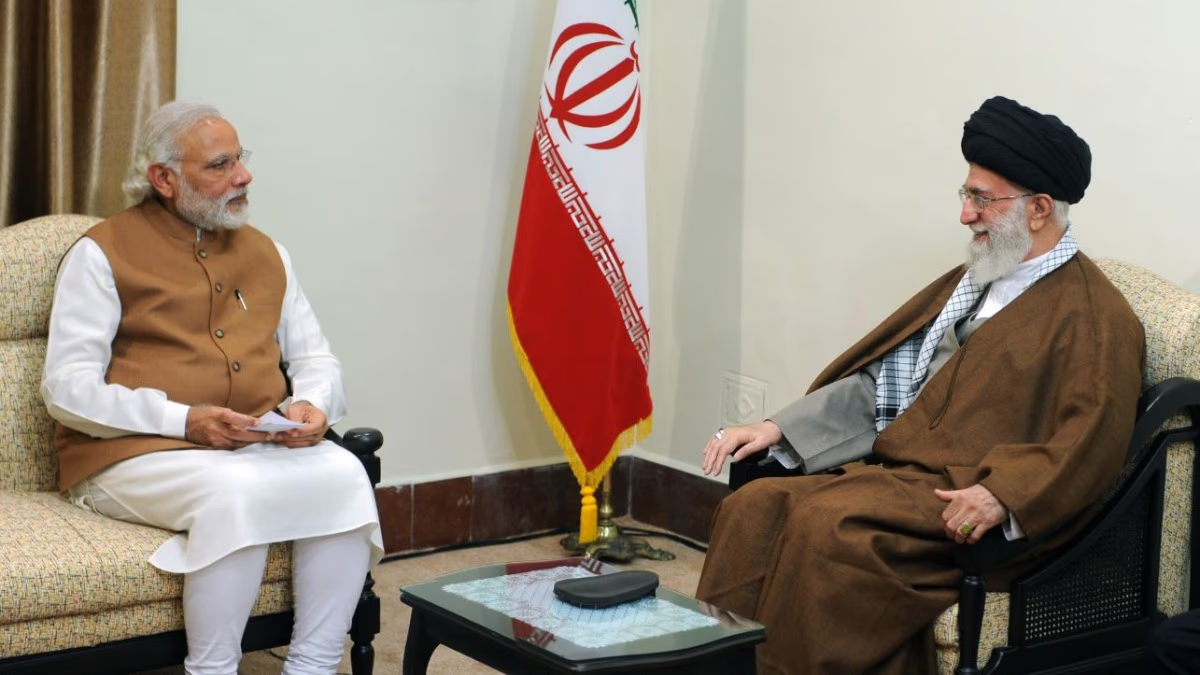Iran has reiterated its resolve to retaliate against U.S. attacks on its nuclear facilities and has launched a fresh series of missile and drone strikes targeting Israel. The newly appointed Chief of Staff of the Iranian Armed Forces, Abdolrahim Mousavi, declared Monday morning that the United States violated Iran's sovereignty by attacking the Fordow, Natanz, and Isfahan nuclear sites, inciting war against the Islamic Republic.
Referencing Israel, he stated, 'The rogue United States must realize that by attacking Iran, it has merely punished its illegitimate, aggressive offspring and liberated Iranian forces to defend our sovereignty. We will not back down. The penalties for Netanyahu will continue. We will retaliate against U.S. aggression with utmost determination, unyielding to the damage inflicted on our three nuclear sites.'
Read more: Israel Bombards Iran with Over 50 Fighter Jets Strikes Key Military Targets.
U.S. Strikes Aim to Revive Dying Zionist Regime
Spokesperson Ebrahim Zolfaghari, representing Iran's retaliations against Israel, noted on television Monday that the U.S. attacks aim to 'revitalize the dying Zionist regime,' yet, in reality, they only broaden the scope of Iran's legitimate military objectives, preparing the grounds for broader war in the region. Mentioning U.S. President Donald Trump, Zolfaghari asserted, 'Gambler Trump, you ignited this war, but it is we who will end it.'
Meanwhile, the United States anticipates imminent retaliatory strikes from Iran targeting its military bases in the Middle East. A U.S. official, speaking anonymously to Reuters, suggested Iran's response could occur within the next day or two. Although the U.S. seeks a diplomatic resolution that would spare Tehran from engaging in further aggression, American officials have warned Iran that their retaliation will meet a response far greater than the original airstrikes.
Read more: Fears Deepen Over Iran's Supreme Leader's Safety After U.S. Attacks! Khamenei Takes Shelter in Top Secret Location.
U.S. Enhances Security of Its Middle Eastern Military Bases
On Sunday, the Chairman of the Joint Chiefs of Staff, General Dan Kane, announced strengthened security measures for U.S. troops in Iraq and Syria, citing heightened risks. Approximately 40,000 American soldiers are stationed in the region, tasked with operating air defense systems, fighter jets, and warships capable of detecting and intercepting enemy missiles. Although such measures deter potential threats, they also risk exposing locations and provoking adversary responses.
Last week, Reuters highlighted Pentagon's withdrawal of certain aircraft and ships from bases susceptible to Iranian retaliation. The U.S. has also relocated aircraft from Al Udeid Air Base in Qatar, the largest American base in the Middle East, housing roughly 10,000 troops. Despite Tehran's declarations to defend its sovereignty and launch retaliatory measures, Iran appears to be avoiding provoking full-scale war with the United States by refraining from targeting American bases or closing the Strait of Hormuz, a critical choke point for global oil shipments.




